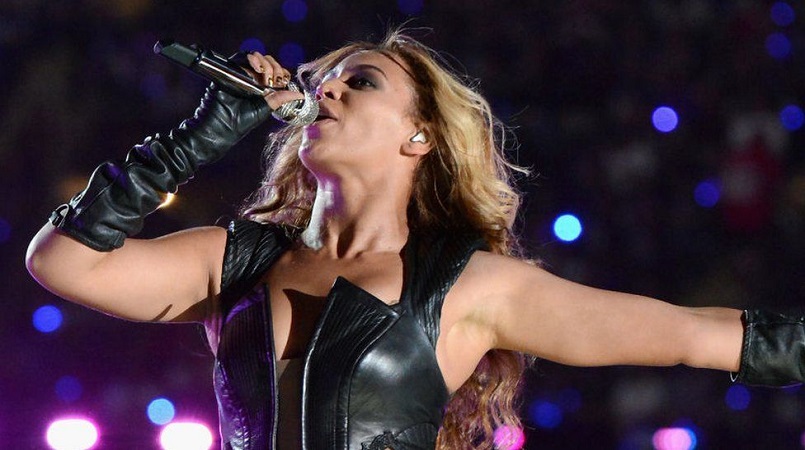
"I'm on that new vibration," sings Beyoncé on her new single, Break My Soul. "I'm buildin' my own foundation."
The foundation of her new sound actually dates back to the diva house movement of the 1990s, with its deep grooves, soaring melodies and insistent four-four beats.
She even shares the writing credits with Allen George and Fred McFarlane, composers of the timeless house classic Show Me Love for Robin S.
Weirdly, Break My Soul neither samples nor quotes their song. It simply uses the same bass sound, a preset on the infamous Korg M1 keyboard. But Beyoncé has always been careful to acknowledge the black creators who have influenced her.
Sending a few royalty cheques to the creators of Show Me Love (or to their family in the case of McFarlane. who died in 2016) is a very Beyoncé gesture.
Drake's album is more concerned with relationships (guess what everyone, he's a bit sad about them) but even he promises to "throw a party for my day ones", while bragging "I'm a night owl, this a different mode".
There are dozens of different genres that Drizzy and Queen Bey could have chosen to soundtrack their dancefloor escapades. But both are smart enough to know the extra cultural weight that house carries.
It emerged in a Chicago venue called The Warehouse, which initially operated as a members-only club almost exclusively frequented by black and Latin-American gay men.
"It wasn't meant for straight people at all," recalled house pioneer Jesse Saunders last year. "We're talking the '70s. When you're young, Black, Latino and gay, you have no place in Chicago, because Chicago is one of the most segregated cities in the country, if not the world. Nobody wants you in their club. Nobody wants you partying. So they built their own... just for gay men, not even gay women."
The club's star DJ was Frankie Knuckles, who would use a reel-to-reel tape to create loops and "pause button remixes" of his favourite disco tracks, making them last a little longer.
